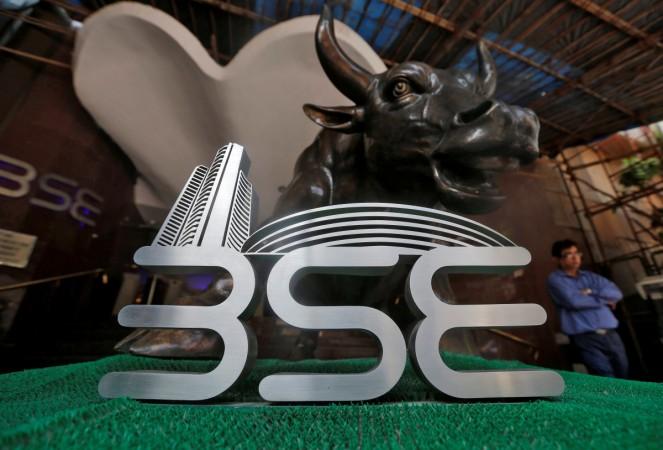
India's foreign exchange reserves hit a lifetime high of $372.73 billion as of April 28, 2017, after a net inflow of $1.59 billion, according to Reserve Bank of India (RBI) data released on Friday. The rise comes on the back of $1.25 billion increase for the week ended April 21.
The earlier all-time high was $371.99 billion reported for the week ended September 30, 2016.
Read: SpiceJet shares hit record high
The increase in foreign exchange reserves as of April 28 was mainly on account of the $1.56 billion rise in foreign currency assets that rose to $349 billion. Gold reserves remained unchanged at $19.87 billion, according to the weekly statistical supplement released by the RBI on Friday evening.
Though foreign institutional investors (FIIs/FPIs), who have been investing in a big way in Indian debt and equity markets and in the process strengthening the rupee, they were net sellers during the week under review.
To put things in another perspective, the reserves stood at $312.38 billion on May 30, 2014, four days after the Narendra Modi government was sworn-in.

Kotak Economic Research said in a note a few days ago that the net inflows into debt and equity markets was $2.9 billion for April 2017. The inflows were $3 billion in debt while it was an outgo of $200 million in equities.
However, the overall inflows remained positive for most part of the month as also for the January-April 2017 period). "The equity markets saw inflows of $6.4 billion, double the $3.2 billion in the corresponding period last year. The debt market has seen inflows of $7.6 billion in 2017 so far, againt of $7.6 billion in 2016," Teresa John, analyst at brokerage Nirmal Bang Institutional Equities, told International Business Times, India edition.
On Friday (May 5), FIIs were net sellers of Indian equities worth Rs 364 crore, according to provisional data published by the National Stock Exchange (NSE).
On May 4, 3 and 2 also, they were net sellers of Indian stocks worth Rs 601 crore, Rs 518 crore and Rs 612 crore, respectively.
On Friday, the BSE Sensex closed at 29,859, down 267 points while the NSE Nifty shed 75 points to end at 9,285.
The fall was attributed to profit-booking by investors. "There was profit booking which pulled down the market into negative territory. Weak global cues had negative impact in the market. Both Asian and European markets declined ahead of French election result (7th May)," brokerage Motilal Oswal Securities said in a note.

A noteworthy development on Friday was the assent given to the Banking Regulation (Amendment) Ordinance, 2017 by president Pranab Mukherjee. The government took the step in view of the mounting bad loans of banks over the past few quarters.
"The RBI has also been empowered to issue other directions for resolution, and appoint or approve for appointment, authorities or committees to advise banking companies for stressed asset resolution," the finance ministry said in a statement on Friday.
Finance minister Arun Jaitley said the move was needed in view of the elevated levels of bad loans. "There is a list of some stressed assets. The RBI is looking into it. I would not like to get into it. The objective of the ordinance is that the present status quo cannot continue. The paralysis in the name of autonomy is detrimental and that needs to be broken. The ordinance is the legitimate power to ensure this," he said at a press conference in New Delhi, reported news agency IANS.











